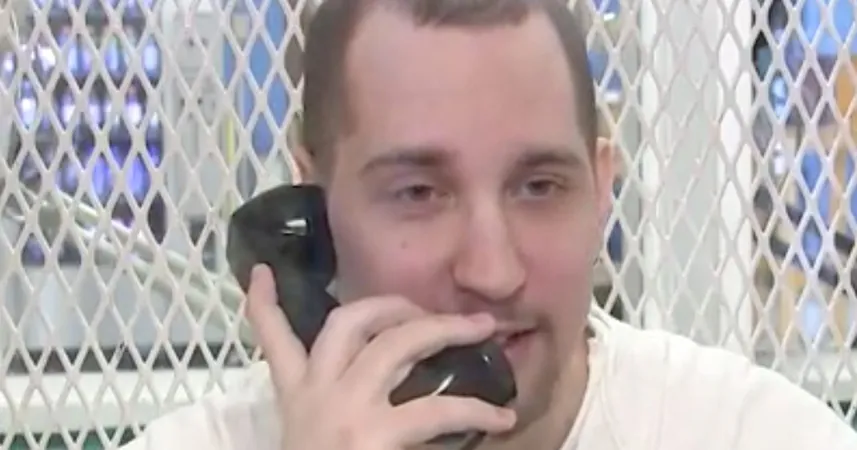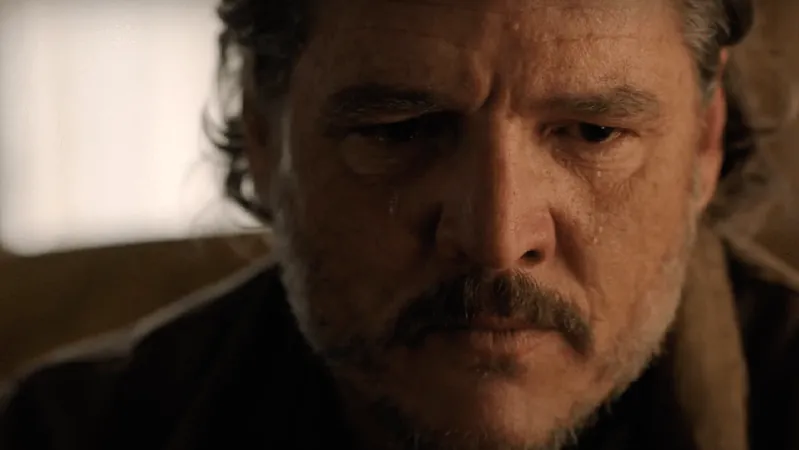
Texas Man Executed for Gruesome Murder of Infant Son
2024-09-25
Texas Man Executed for Gruesome Murder of Infant Son
In a shocking conclusion to a harrowing case, Travis Mullis, a 38-year-old man from Texas, has been executed by lethal injection at the state penitentiary in Huntsville for the brutal murder of his three-month-old son, Alijah. This tragic event unfolded over 16 years ago, in January 2008, and has left the community reeling from the details surrounding the case.
Mullis, who was just 21 at the time, kidnapped his son after a violent altercation with his girlfriend. The sequence of events escalated horrifically when he drove to Galveston with the infant. Authorities revealed that Mullis not only sexually assaulted his son but also attempted to silence the child's cries by strangling him. In an act of shocking violence, Mullis proceeded to stomp on the baby’s head, leading to his death. The infant's lifeless body was later discovered abandoned on the roadside.
Fleeing the state, Mullis managed to evade capture for a time before surrendering to the police in Philadelphia. Over the years, he expressed a desire to waive his right to appeal the death sentence, leaving many perplexed by his choices. Mullis’s letter to U.S. District Judge George Hanks stated that he wanted to align his fate with the justice being sought by the state, indicating his acceptance of the consequences of his actions.
Despite a history of mental illness that included severe bipolar disorder and childhood sexual abuse, Mullis maintained that "his punishment fit the crime." His legal counsel has indicated that Mullis struggled with the complexities of his mental health, often fluctuating between wanting to appeal and waiving his rights altogether, leading to significant legal battles over his mental competency.
The case has garnered attention not only for its brutal nature but also for the legal implications concerning those with mental health issues facing the death penalty. While the U.S. Supreme Court has outlawed the death penalty for the intellectually disabled, individuals with serious mental health problems, like Mullis, can still face capital punishment.
Mullis's execution marks a grim reminder of the complexities surrounding mental illness and criminal justice. He is the fourth inmate to be executed in Texas this year, following closely on the heels of other notable cases, including the execution of Freddie Owens in South Carolina just days prior.
As society grapples with the issues of justice, mental health, and the death penalty, the case of Travis Mullis stands as a tragic chapter in the ongoing dialogue about the legal system's treatment of individuals battling profound psychological issues.









 Brasil (PT)
Brasil (PT)
 Canada (EN)
Canada (EN)
 Chile (ES)
Chile (ES)
 España (ES)
España (ES)
 France (FR)
France (FR)
 Hong Kong (EN)
Hong Kong (EN)
 Italia (IT)
Italia (IT)
 日本 (JA)
日本 (JA)
 Magyarország (HU)
Magyarország (HU)
 Norge (NO)
Norge (NO)
 Polska (PL)
Polska (PL)
 Schweiz (DE)
Schweiz (DE)
 Singapore (EN)
Singapore (EN)
 Sverige (SV)
Sverige (SV)
 Suomi (FI)
Suomi (FI)
 Türkiye (TR)
Türkiye (TR)